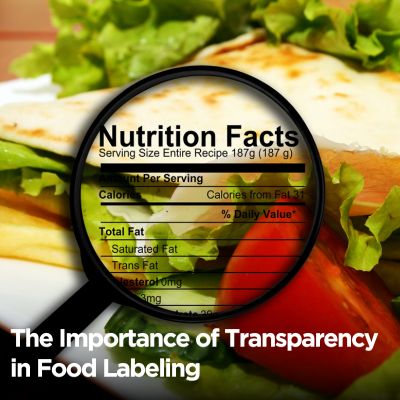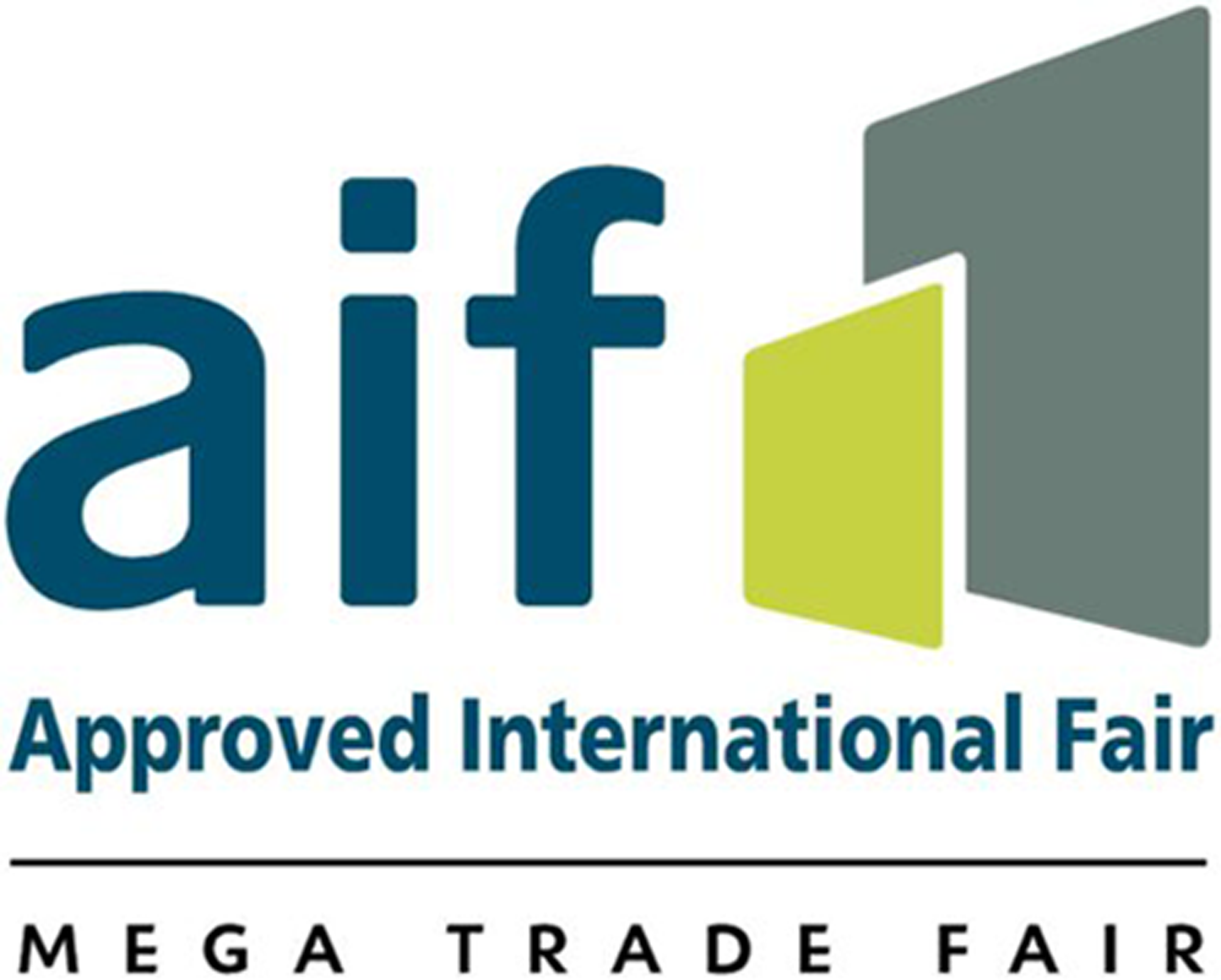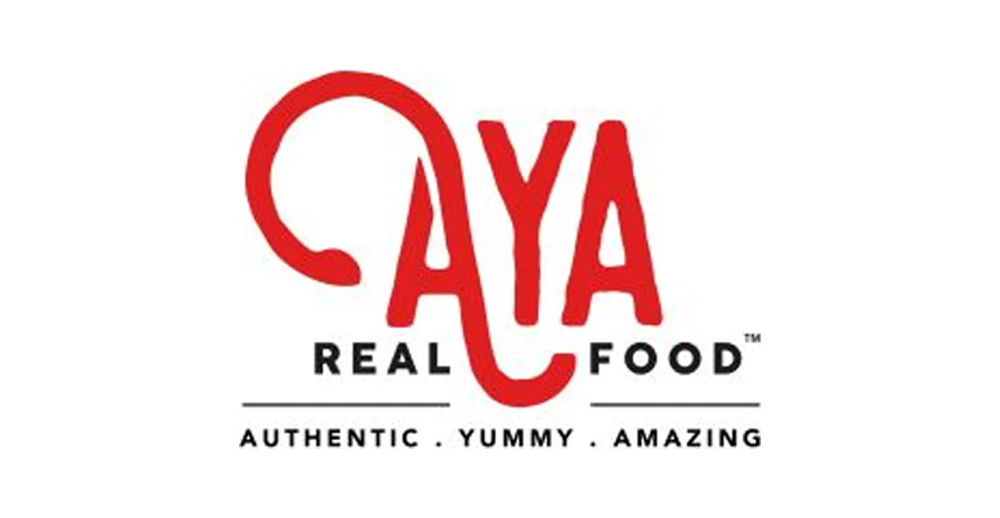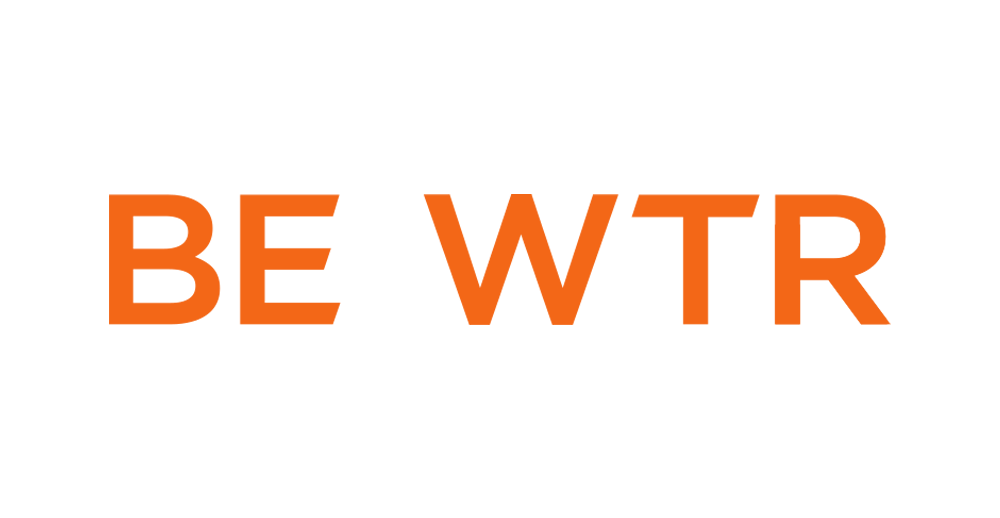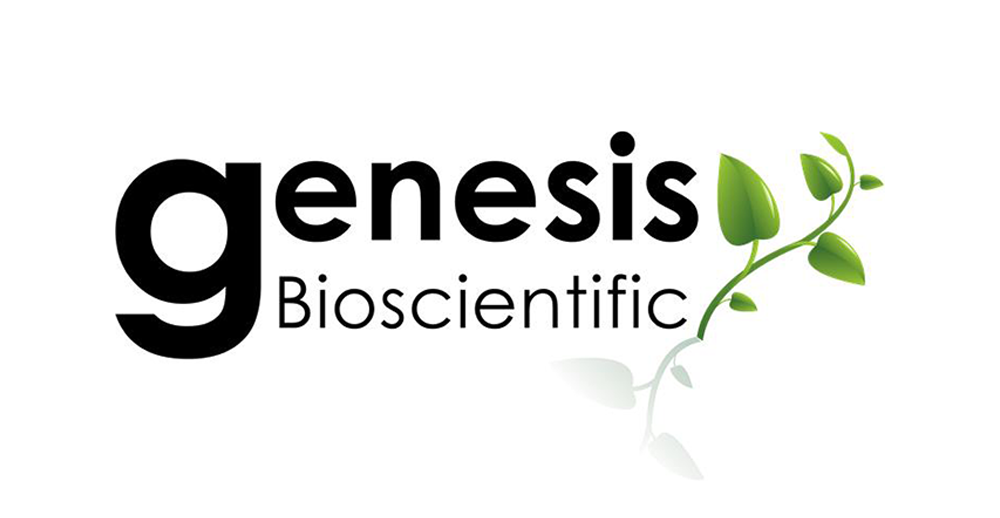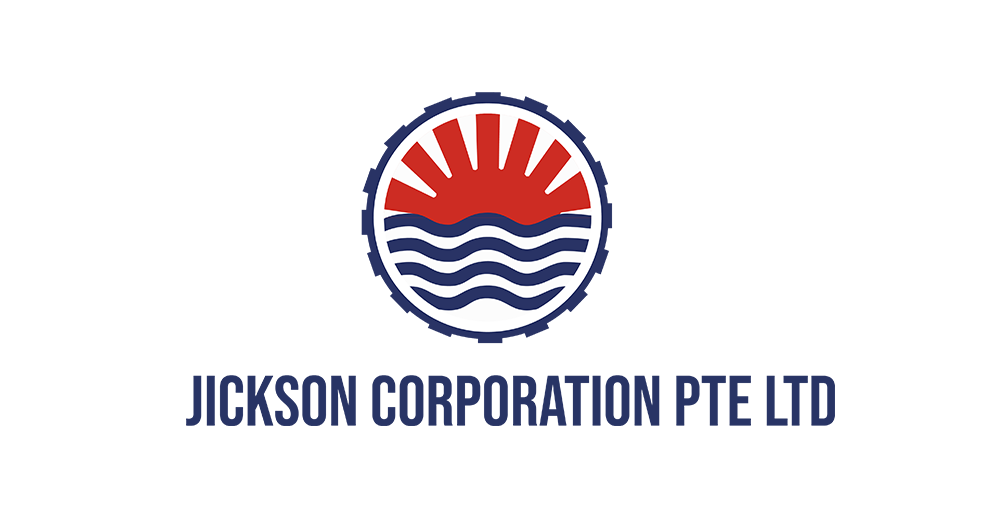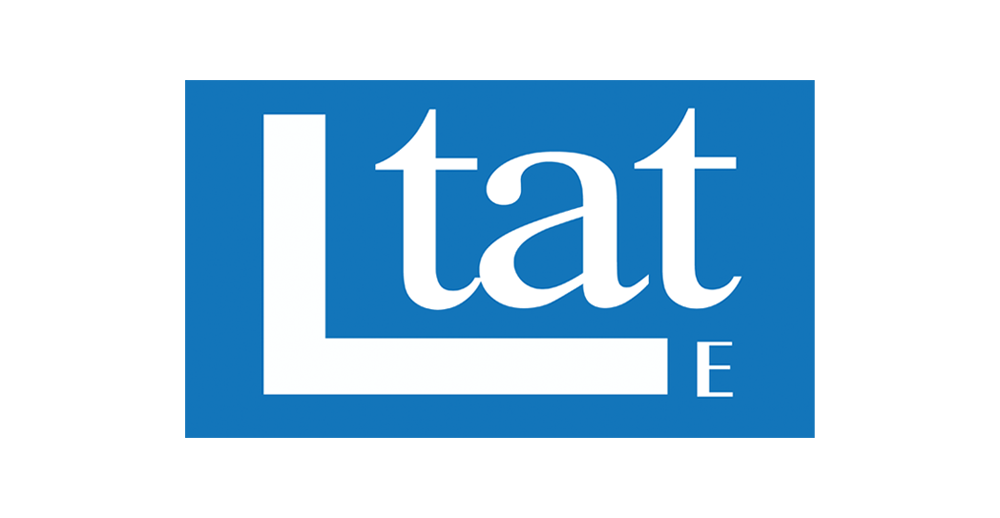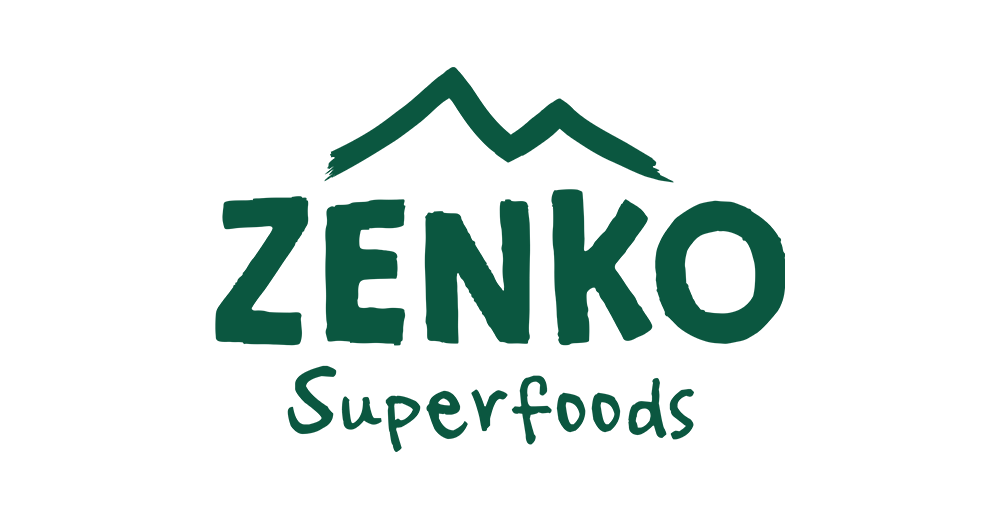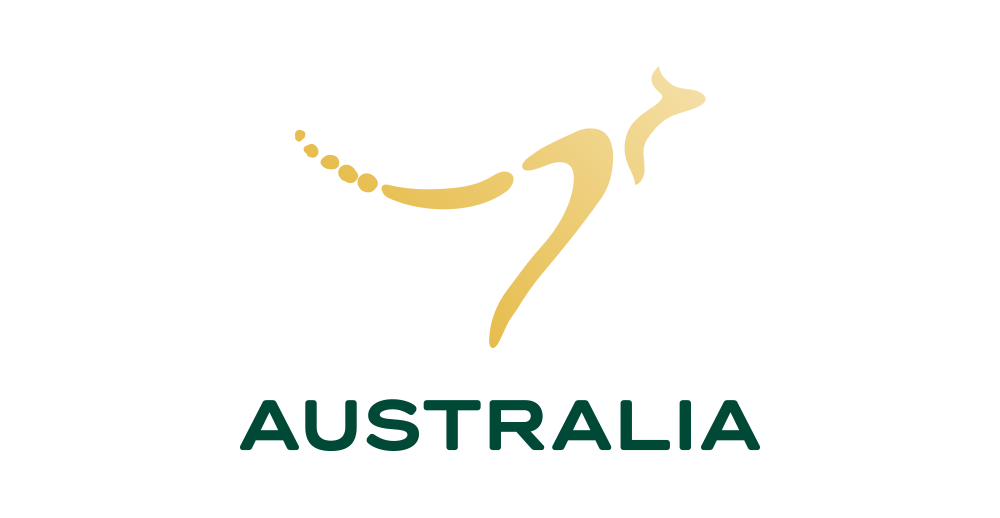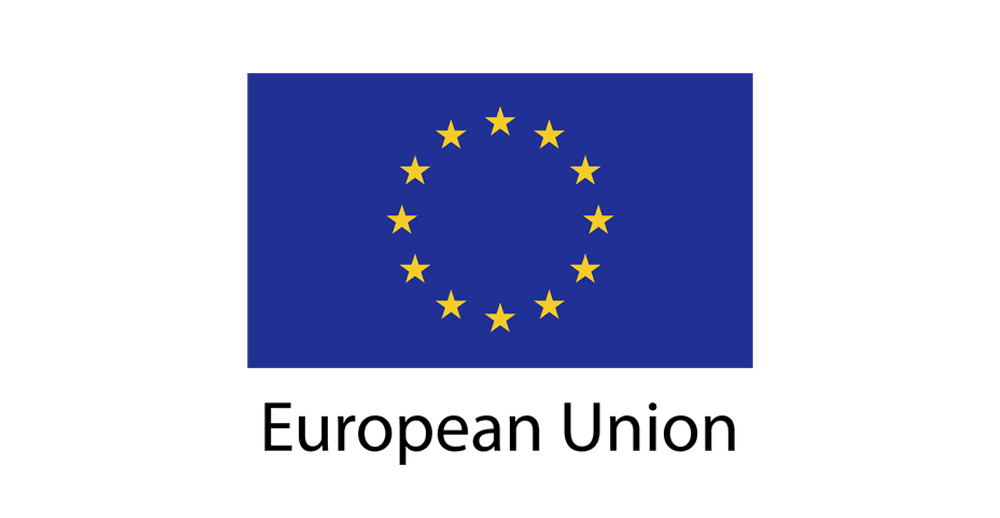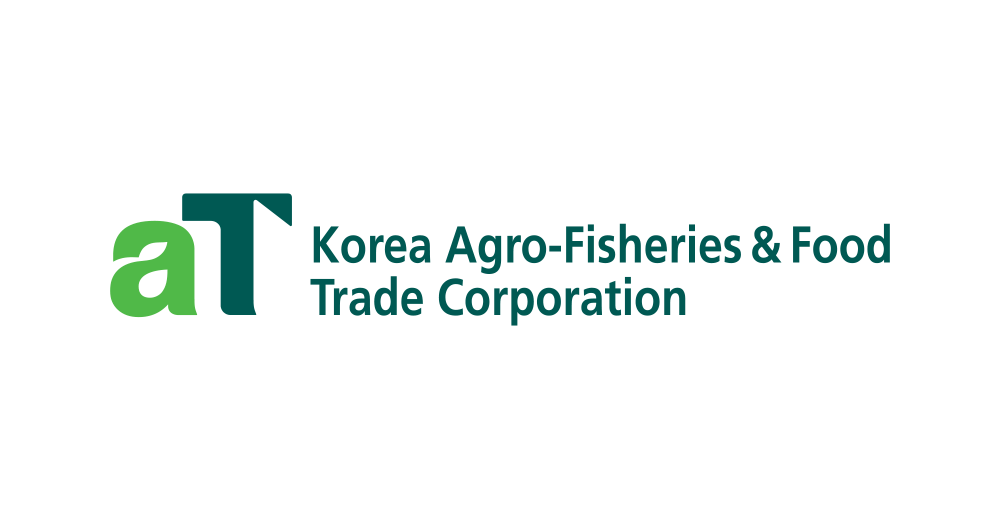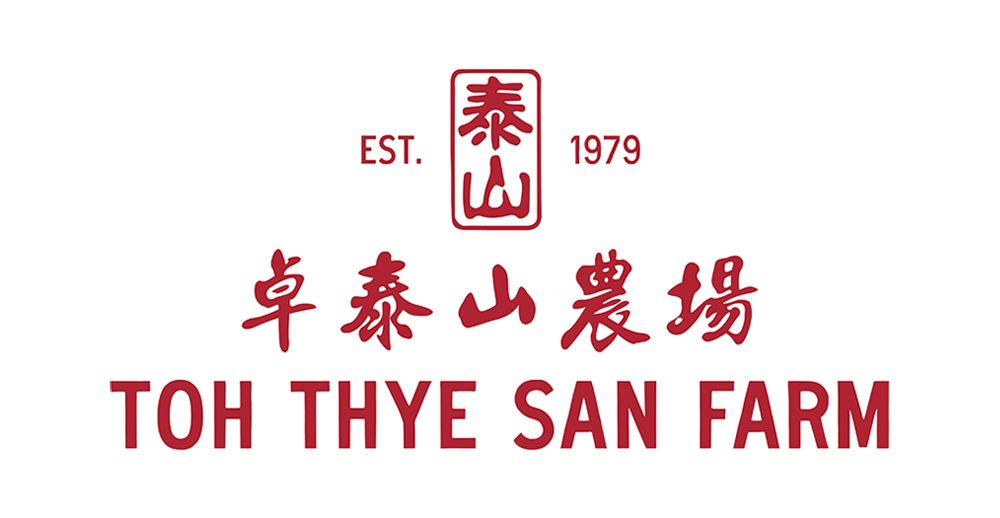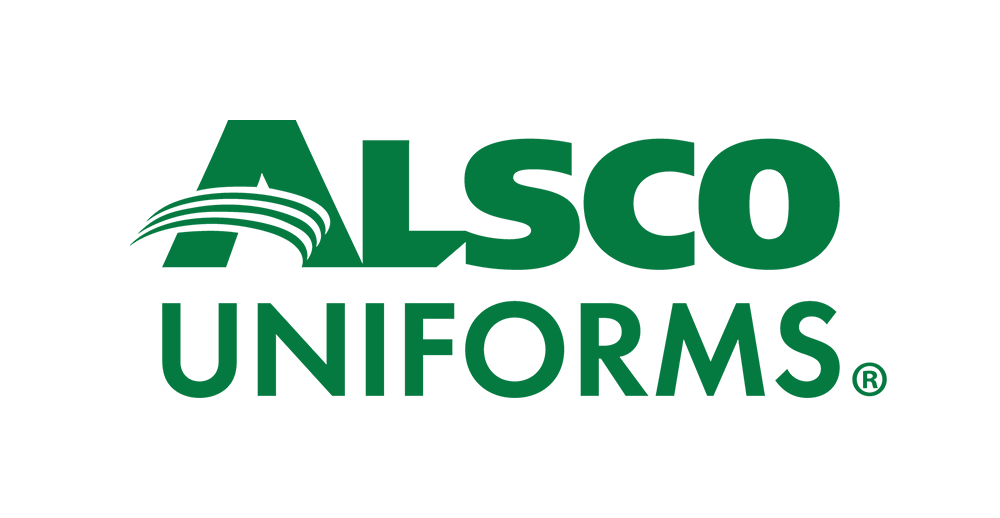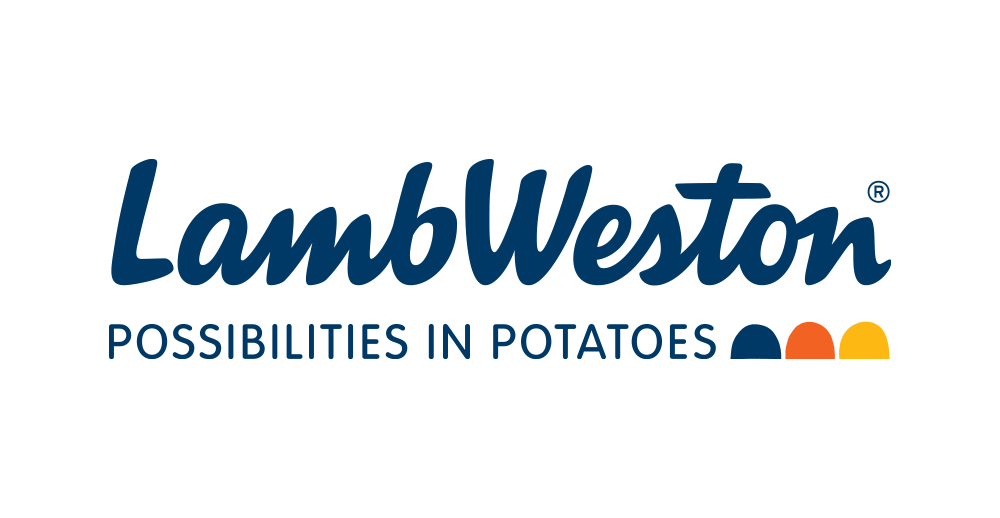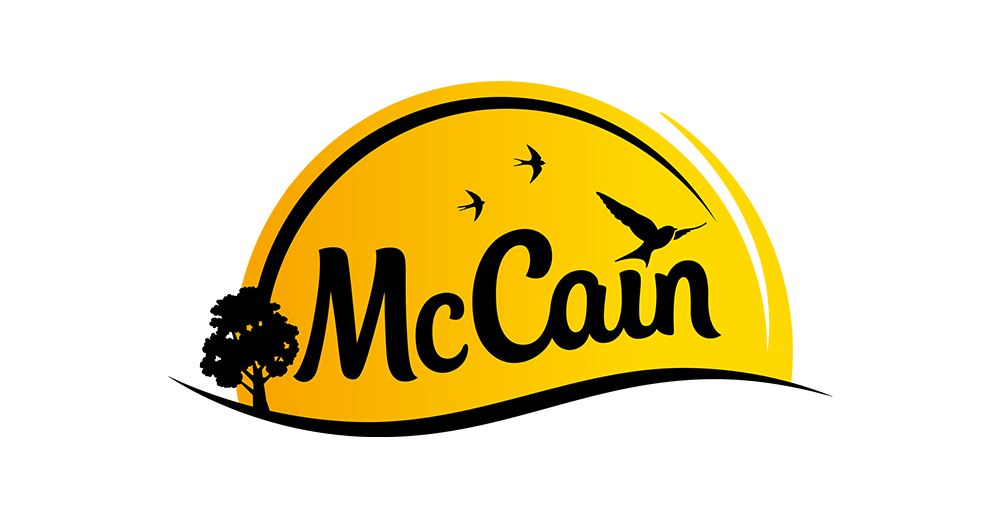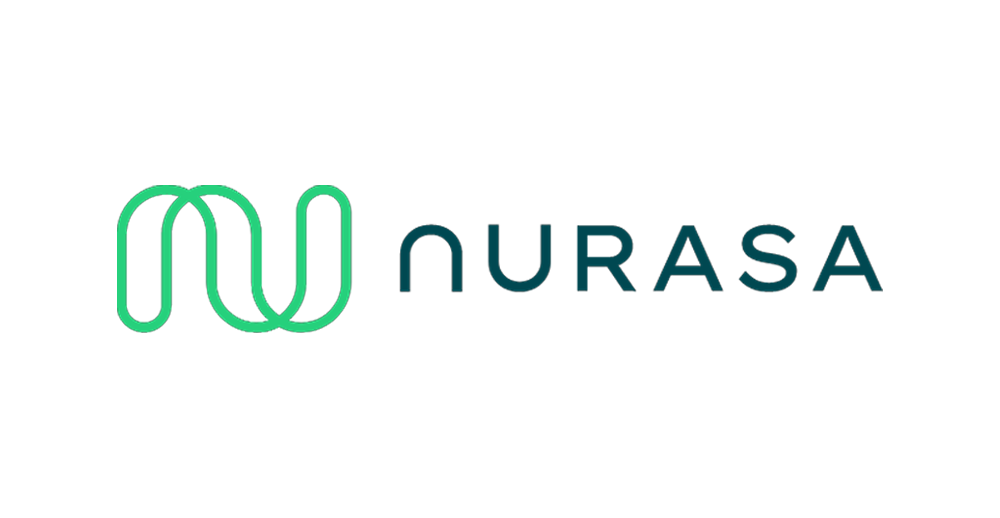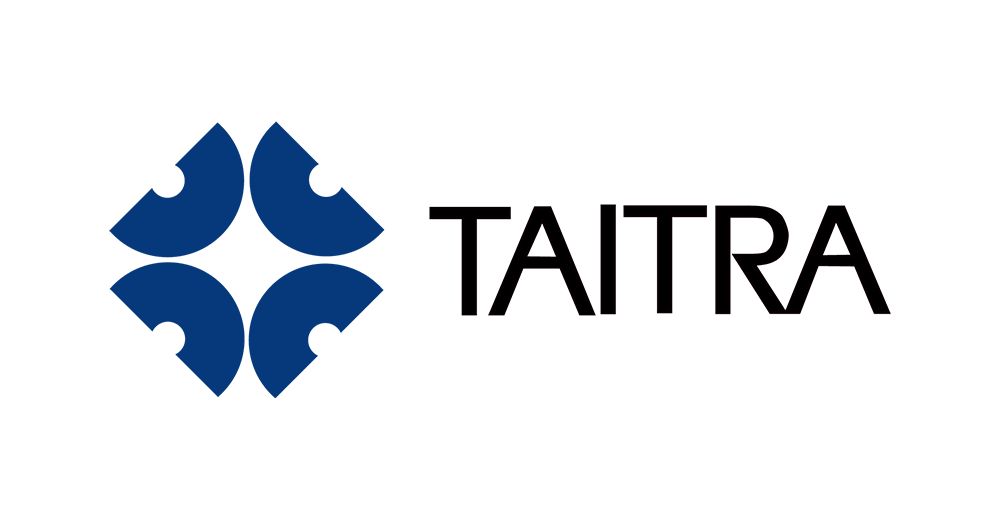The sports nutrition industry is growing fast, with the global market expected to reach $53.27 billion in 2025 and $94.30 billion by 2033.
More people are paying attention to what they eat and how it affects their workouts, leading to a higher demand for supplements that support energy, endurance, and recovery.
Whether it’s a professional athlete or someone fitting in a quick gym session, nutrition is becoming more important in fitness.
Protein supplements remain a popular choice, but there’s a stronger focus on personalized nutrition and plant-based options. Consumers are looking for products customized to their fitness goals, dietary needs, and even sustainability preferences.
Plant-based proteins and clean-label ingredients are becoming more common as people seek healthier, more natural alternatives.
With new products hitting the market, sports nutrition is becoming more accessible to a broader audience, from casual gym-goers to serious competitors.
Understanding the Sports Nutrition Industry
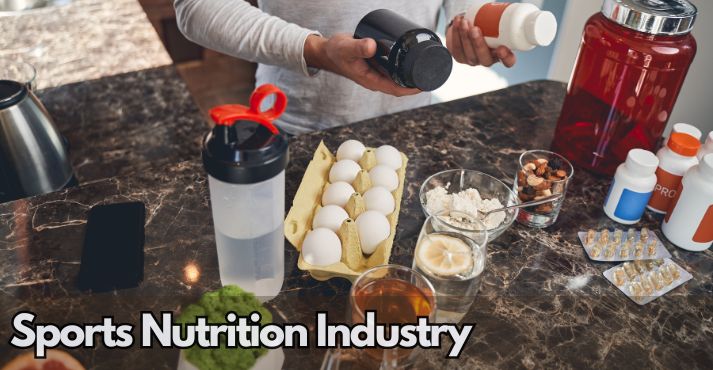
Sports nutrition focuses on providing the body with the proper nutrients to improve performance, speed up muscle recovery, and support overall well-being.
It’s not just for professional athletes; anyone who exercises regularly can benefit from the right balance of proteins, carbohydrates, fats, vitamins, and minerals. These nutrients help maintain energy levels, reduce muscle soreness, and promote better endurance.
With more people prioritizing fitness, the sports nutrition market has expanded beyond protein shakes and energy bars. Consumers now look for clean-label, plant-based, and scientifically backed supplements adjusted to their specific needs.
The market offers a wide range of products to enhance physical activity, from hydration solutions for endurance athletes to pre-workout boosters for gym enthusiasts.
Key Segments of Sports Nutrition Products
The sports nutrition market includes multiple products, each having a different purpose in supporting physical activity and recovery.
- Protein Supplements – These are the most popular products, available in forms like whey, casein, and plant-based proteins. They help build and repair muscles after exercise.
- Amino Acids and BCAAs – Branched-chain amino acids (BCAAs) help in muscle recovery, reduce soreness, and prevent muscle breakdown during intense workouts.
- Electrolytes and Hydration Drinks – These provide essential minerals like sodium, potassium, and magnesium, preventing dehydration and muscle cramps.
- Energy Bars and Meal Replacements – Convenient options for sustained energy and nutrition on the go, often packed with protein, fiber, and healthy fats.
- Pre-Workout and Post-Workout Supplements – Pre-workouts boost energy and endurance, while post-workouts help with recovery and muscle repair.
As the sports nutrition industry grows, brands continue introducing personalized and functional products to meet changing consumer preferences.
With more people looking for effective and science-backed nutrition, the industry is becoming more diverse and accessible to a wider range of fitness enthusiasts.
Sports Nutrition Market Overview in 2025
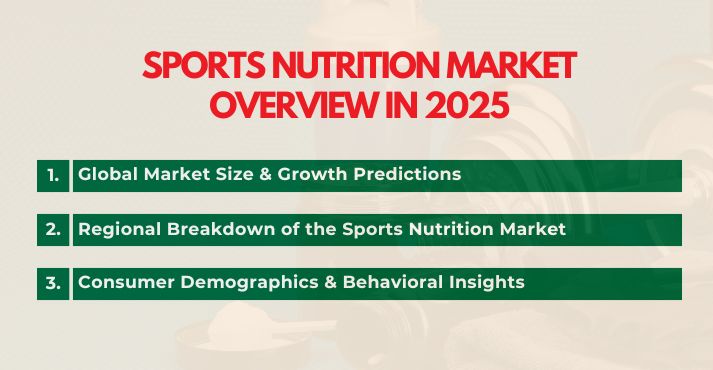
The sports nutrition industry is expanding rapidly as more consumers prioritize fitness, performance, and overall well-being. It’s set for substantial growth with advancements in functional ingredients and a growing emphasis on clean-label products.
As part of the rise to healthy indulgence, today’s consumers seek more than just performance-enhancing supplements — they want high-quality, transparent, and wellness-focused nutrition that aligns with their lifestyle.
While protein powders and energy bars remain staples, the market is shifting toward plant-based proteins, personalized nutrition, and hydration solutions to meet the changing preferences.
Global Market Size & Growth Predictions
By 2025, the global sports nutrition market is expected to reach $53.27 billion, supported by growing fitness awareness and advancements in functional ingredients. Several factors are influencing this expansion:
- Rising demand for clean-label and plant-based products.
- Increased awareness of sports nutrition among casual fitness enthusiasts.
- Growth in e-commerce and direct-to-consumer sales channels.
With more consumers seeking science-backed and personalized nutrition, companies are investing in product development to meet these evolving demands.
Regional Breakdown of the Sports Nutrition Market
The nutrition market varies significantly by region, with some areas showing higher demand due to cultural and economic factors.
- North America: The largest market for sports nutrition, supported by high fitness awareness, product innovation, and a strong supplement culture. The US leads the market with established brands and an increasing interest in performance-enhancing products.
- Europe: The region is seeing steady growth, mainly due to a focus on sustainability and clean-label trends. Consumers are moving towards organic, plant-based, and minimally processed sports nutrition products.
- Asia-Pacific: The fastest-growing market, expanding due to an increasing fitness culture, higher disposable income, and rising awareness of sports nutrition benefits. Countries like China, India, and Japan are seeing a surge in demand for protein supplements and hydration products.
Consumer Demographics & Behavioral Insights
The sports nutrition market is no longer limited to professional athletes. A diverse range of consumers is now driving demand, leading to new sports nutrition trends and product innovations.
- Professional athletes and fitness enthusiasts: Continue to be core consumers, relying on performance-enhancing supplements, protein powders, and BCAAs.
- Casual gym-goers: More consumers are turning to sports nutrition for energy, recovery, and overall wellness, even if they aren’t training professionally.
- Women and older adults: There is a noticeable increase in use among women and aging populations. Women are seeking protein supplements and hydration solutions, while older adults are using sports nutrition for muscle maintenance and healthy aging.
Latest Trends in the Sports Nutrition Market in 2025
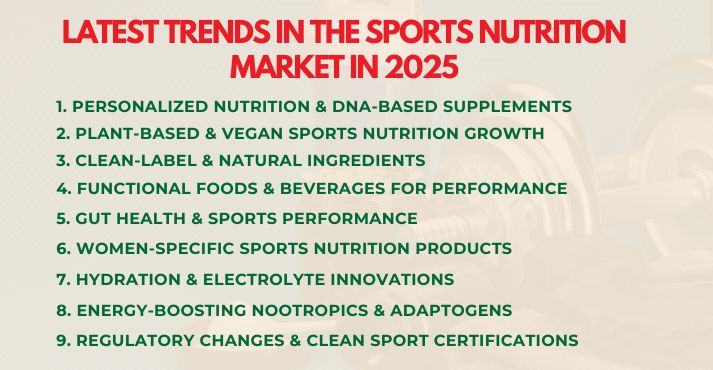
The sports nutrition industry is experiencing significant changes as consumers demand more personalized, natural, and functional products.
The rise of AI-driven supplement plans, plant-based proteins, gut health-focused formulations, and clean-label products are influencing new purchasing behaviors.
Additionally, functional foods and beverages are enhancing convenience in sports nutrition, making it easier for athletes and fitness enthusiasts to support their performance and recovery.
These trends show how the sports supplement market is becoming more consumer-centric, health-focused, and innovation-driven than ever before.
1. Personalized Nutrition & DNA-Based Supplements
Personalized nutrition is changing the way athletes and fitness enthusiasts choose supplements.
Instead of using generic products, people are turning to AI-driven and DNA-based supplement plans modified according to their genetics, metabolism, and fitness goals.
Genetic testing helps identify how a person processes macronutrients, their vitamin and mineral deficiencies, and how their body responds to caffeine and hydration.
With this information, companies create custom protein powders, amino acid blends, and vitamin regimens to improve performance and recovery.
A study published in Nature Communications found that DNA-based personalized nutrition plans were 50% more effective in achieving weight loss goals compared to generic diets, highlighting their impact on health and fitness.
Companies like DNAfit and Nutrigenomix offer at-home testing kits that analyze genetic traits connected to muscle recovery, endurance, and nutrient absorption.
This level of personalization ensures individuals get supplements that match their body’s needs, helping them perform and recover more efficiently.
2. Plant-Based & Vegan Sports Nutrition Growth
The plant-based movement has extended into the sports nutrition market, with more athletes and gym-goers opting for vegan protein sources over traditional animal-based supplements.
Concerns about digestibility, sustainability, and ethical consumption have led to the growing popularity of pea, soy, hemp, and rice protein as alternatives.
Unlike whey protein, which can cause digestive discomfort for some consumers, plant-based protein powders offer a gentler, allergen-friendly option while still delivering essential amino acids for muscle growth and recovery.
This growing demand is reflected in the global vegan protein powder industry, which was valued at $3.5 billion in 2021 and is expected to reach $7.3 billion by 2031, expanding at a CAGR of 7.8%.
Leading brands like Vega, Garden of Life, and OWYN now offer a wider range of high-protein, dairy-free sports supplements catering to vegans, lactose-intolerant individuals, and those seeking cleaner nutrition.
Many brands are also incorporating plant-based BCAAs (branched-chain amino acids) and omega-3s from algae to support muscle repair and overall athletic performance.
3. Clean-Label & Natural Ingredients
Consumers are becoming more conscious of what goes into their supplements, leading to a strong demand for clean-label products with minimal, organic, and natural ingredients.
One in three new products now carry some type of clean-label claim, showing the growing preference for transparency and simplicity.
Artificial sweeteners, preservatives, and synthetic additives are being phased out in favor of natural sweeteners (like stevia and monk fruit), organic protein sources, and non-GMO ingredients.
Transparency in ingredient sourcing is also becoming a priority. Companies that disclose the origins of their ingredients and focus on ethical and sustainable production are gaining consumer trust.
Brands like Transparent Labs, Orgain, and Naked Nutrition are setting the standard by offering non-GMO, gluten-free, and additive-free protein powders.
Some companies are even third-party testing their supplements to guarantee purity and potency, ensuring that athletes receive only high-quality, science-backed nutrition.
4. Functional Foods & Beverages for Performance
Functional foods and beverages are changing the way people approach sports nutrition by offering convenient, ready-to-consume options with added health benefits.
Rather than relying solely on traditional protein powders or supplements, athletes and fitness enthusiasts are turning to performance drinks, protein snacks, and energy-boosting foods to support their active lifestyles.
With 85% of consumers already incorporating functional ingredients into their diets, demand for these products continues to rise. Many new formulations now feature collagen for joint health, probiotics for gut support, and nootropics for mental clarity, making sports nutrition more holistic.
For example, kombucha-infused energy drinks combine probiotics, natural caffeine, and electrolytes to promote gut health and sustained energy. Similarly, protein-packed cold brews offer a dual benefit—caffeine for focus and slow-digesting protein for muscle recovery.
Brands like Vital Proteins, Huel, and REBBL are introducing functional beverages and snacks that support physical performance and overall well-being.
REBBL, for example, has launched REBBL POP, a prebiotic-infused soda for digestive and immune health, and REBBL Stacked Coffee, a cold brew featuring L-Theanine and adaptogenic mushrooms to enhance energy and focus.
5. Gut Health & Sports Performance
The connection between gut health and athletic performance is gaining more attention as research reveals its role in energy levels, immune function, and muscle recovery.
A well-balanced gut microbiome aids digestion and influences mood, motivation, and endurance, as 95% of the body’s serotonin is produced in the gut.
This neurotransmitter regulates mood, stress response, and sleep, all of which are crucial for athletic performance and recovery.
To support gut health, sports nutrition brands are incorporating prebiotics, probiotics, and digestive enzymes into their supplements to enhance nutrient absorption, reduce inflammation, and optimize digestion.
For example, Optimum Nutrition has expanded its portfolio with probiotic-enhanced protein powders, reinforcing the importance of gut health in sports nutrition.
Meanwhile, BiOptimizers offers digestive enzyme supplements created to help athletes break down protein more efficiently.
With the growing understanding of the gut-brain connection and its impact on performance, gut-friendly sports supplements are becoming an essential part of the sports nutrition market.
6. Women-Specific Sports Nutrition Products
The sports supplement market has traditionally been male-dominated, but women-focused sports nutrition is emerging as a fast-growing segment.
With 57.6% of women aged 20 and over reporting the use of dietary supplements in the past 30 days, brands are customizing products to female physiology, hormonal balance, and recovery needs.
Collagen-based supplements are gaining popularity for their benefits in joint health, skin elasticity, and muscle recovery.
Meanwhile, women-specific protein powders are being formulated with optimized amino acid profiles and essential micronutrients like iron, calcium, and folate to support female athletes.
In Southeast Asia, companies like Herbalife and Blackmores are actively catering to this demand. Herbalife offers protein shakes and nutrition programs for women’s wellness, while Blackmores provides collagen-enriched supplements designed for skin and muscle recovery.
Kalbe Farma, a leading Indonesian health brand, has also developed Entrasol Active, a high-protein nutritional drink fortified with calcium and vitamins to support women’s bone health and energy levels.
7. Hydration & Electrolyte Innovations
Hydration is an essential aspect of sports nutrition. Research shows that being as little as 2% dehydrated can negatively impact performance by reducing endurance, strength, and cognitive function.
As a result, there is a growing demand for low-sugar, high-electrolyte hydration solutions that provide effective fluid replenishment without artificial ingredients or excess sugars.
Coconut water-based sports drinks have also become popular as a natural alternative to traditional electrolyte beverages, offering high potassium levels and natural hydration benefits.
For example, CocoMax, a Thai brand of 100% coconut water, provides a natural rehydration option without artificial additives. Similarly, Vita Coco, widely available across Southeast Asia, offers a clean and refreshing alternative to sugary sports drinks.
Additionally, electrolyte powders such as Liquid I.V. and LMNT provide fast-absorbing hydration solutions, helping consumers replenish fluids more efficiently during workouts and recovery.
8. Energy-Boosting Nootropics & Adaptogens
Athletes seek physical performance benefits, mental clarity, and focus, leading to a surge in nootropic and adaptogen-infused sports nutrition products.
As a result, the global nootropics market is on a rapid growth trajectory. It is expected to expand from $5.23 billion in 2024 to $6.01 billion in 2025 at a CAGR of 14.8%.
This rise reflects the growing awareness of how cognitive enhancers boost focus, reaction time, and mental endurance during workouts.
Nootropics, or cognitive-enhancing supplements, help improve focus, reaction time, and mental endurance during workouts.
Common nootropics in sports supplements include L-theanine, Rhodiola Rosea, and Alpha-GPC, which support brain function and reduce exercise-related mental fatigue.
Adaptogens, such as Ashwagandha, Cordyceps, and Lion’s Mane mushrooms, are also making their way into sports nutrition formulas for their ability to reduce stress, support endurance, and improve recovery.
For example, NeuroG combines Bacopa Monnieri and Ginkgo Biloba to support memory and concentration, while MindVital incorporates Lion’s Mane Mushroom, a natural ingredient known for its neuroprotective benefits.
These formulations tap into traditional herbal remedies while catering to modern performance needs.
9. Regulatory Changes & Clean Sport Certifications
As the sports nutrition market size expands, there is greater scrutiny on ingredient safety, labeling transparency, and anti-doping compliance.
Consumers and professional athletes alike are demanding WADA-approved (World Anti-Doping Agency) certifications to ensure products are free from banned substances.
Stricter regulations are pushing brands to undergo third-party testing and obtain certifications like NSF Certified for Sport and Informed-Sport, which guarantee that supplements meet the highest purity, safety, and quality standards.
For instance, Thorne Research and Klean Athlete offer WADA-compliant supplements that Olympic athletes and professional sports teams widely use.
These certifications help build trust among consumers who want to ensure their supplements are effective and free from contaminants.
Conclusion
The sports nutrition market is expanding as consumers seek personalized, plant-based, and clean-label products. Companies are introducing innovations such as DNA-based supplements, nootropic-enhanced drinks, and women-focused nutrition solutions.
Additionally, emerging trends such as gut health supplements, advanced hydration formulas, and stricter regulatory standards influence consumer choices.
As fitness awareness rises across different demographics, brands emphasizing transparency, functionality, and performance-driven nutrition are leading the industry forward.
From elite athletes to casual gym-goers and wellness-focused individuals, the future of sports nutrition lies in science-backed, consumer-centric innovations that enhance both performance and overall well-being.

